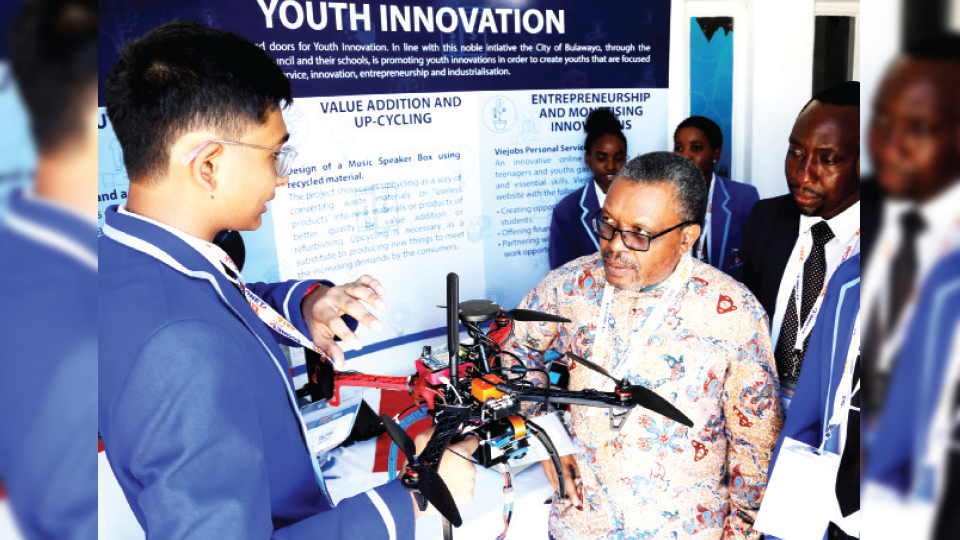RBZ to give students loans

Mashudu Netsianda, Senior Reporter
THE Reserve Bank of Zimbabwe (RBZ) has announced that students in higher and tertiary learning institutions will in the next six months start getting educational loans to help parents and guardians who are struggling to pay fees.
RBZ Governor Dr John Mangudya, in his 2017 Monetary Policy statement released on Wednesday, said students pursuing studies at the higher and tertiary institutions will benefit from the educational support facility.
He said the loans, to be distributed through banks, will help capacitate students from underprivileged families to pursue their studies.
“We’re resuscitating the educational support facility for students pursing studies at the higher education and tertiary institutions. The resuscitation of this facility which used to be granted through banks is necessary to ensure that educational institutions are sustainable and that students are capacitated to pursue their studies,” said Dr Mangudya.
The RBZ Governor said although modalities were still under discussion, the programme would start operating in August this year.
“The modalities of this (educational support) facility are still under discussion with the relevant stakeholders. The facility is expected to become operational in August 2017,” he said.
Higher and Tertiary Education, Science and Technology Development Minister Professor Jonathan Moyo told delegates at the Zanu-PF Annual National People’s Conference in Masvingo in December last year, that his ministry had already engaged the RBZ to structure the new student loan scheme.
Student grants were discontinued around 2006 due to cash flow challenges and replaced by a cadetship programme in 2010. However, the latter did not yield desired results as it was also dogged by funding challenges and failed to pay fees for hundreds of students, leading to failure by some to sit for examinations.
The grant and loans scheme paid full fees for students and gave them allowances to cater for other expenses such as accommodation and food. The cadetship scheme only paid three quarters of the fees.
Prof Moyo said the interventions were part of a raft of measures by the ministry to ensure universities were relevant to national policy challenges and met the training and research needs of society and industry.
He said after extensive consultations, his ministry had concluded that Zimbabwe’s quest for industrialisation and modernisation could not be achieved without a new human capital base driven by technological and engineering skills across the economy, in the public and private sectors.
—@mashnets











Comments